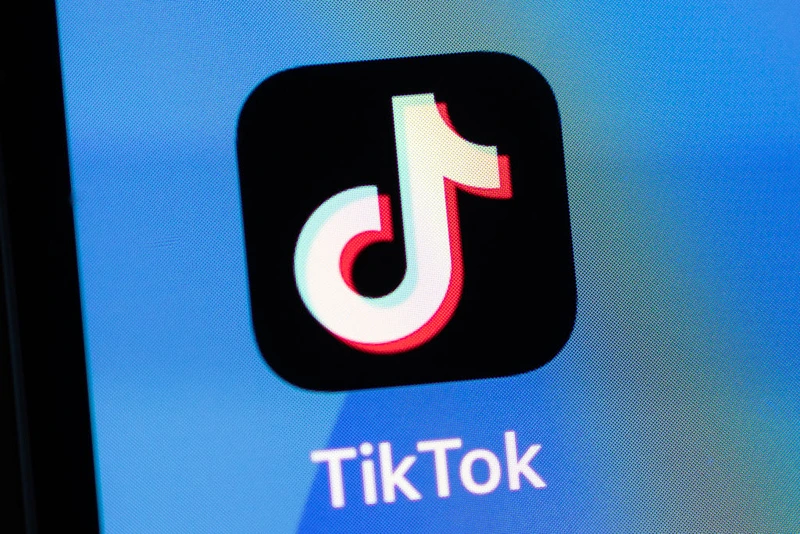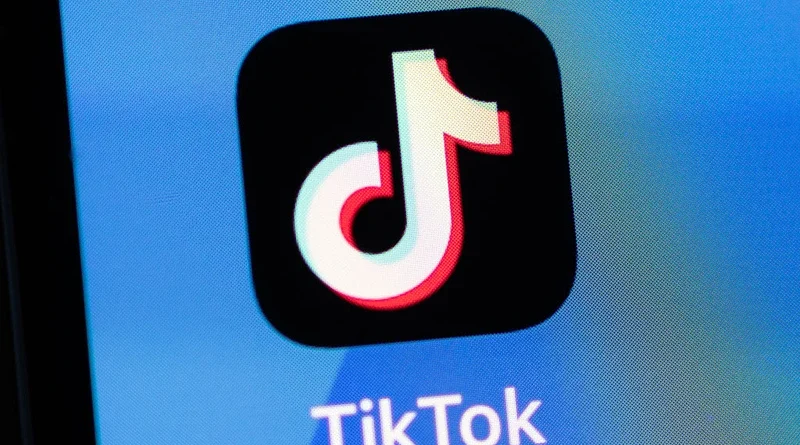US court rules TikTok must face lawsuit in death of 10-year-old girl – One America News Network
August 28, 2024 – 5:39 AM PDT

(Reuters) – A U.S. appeals court has revived a lawsuit against TikTok by the mother of a 10-year-old girl who died after taking part in a viral “blackout challenge” in which users of the social media platform were dared to choke themselves until they passed out.
Advertisement
While a federal law typically shields internet companies from lawsuits over content posted by users, the Philadelphia-based 3rd U.S. Circuit Court of Appeals on Tuesday ruled the law does not bar Nylah Anderson’s mother from pursuing claims that TikTok’s algorithm recommended the challenge to her daughter.
U.S. Circuit Judge Patty Shwartz, writing for the three-judge panel, said that Section 230 of the Communications Decency Act of 1996 only immunizes information provided by third parties and not recommendations TikTok itself made via an algorithm underlying its platform.
She acknowledged the holding was a departure from past court rulings by her court and others holding that Section 230 immunizes an online platform from liability for failing to prevent users from transmitting harmful messages to others.
But she said that reasoning no longer held after a U.S. Supreme Court ruling in July on whether state laws designed to restrict the power of social media platforms to curb content they deem objectionable violate their free speech rights.
In those cases, the Supreme Court held a platform’s algorithm reflects “editorial judgments” about “compiling the third-party speech it wants in the way it wants.” Shwartz said under that logic, content curation using algorithms is speech by the company itself, which is not protected by Section 230.
“TikTok makes choices about the content recommended and promoted to specific users, and by doing so, is engaged in its own first-party speech,” she wrote.
TikTok did not respond to requests for comment.
Tuesday’s ruling reversed a lower-court judge’s decision dismissing on Section 230 grounds the case filed by Tawainna Anderson against TikTok and its Chinese parent company ByteDance.
She sued after her daughter Nylah died in 2021 after attempting the blackout challenge using a purse strap hung in her mother’s closet.
“Big Tech just lost its ‘get-out-of-jail-free card,’” Jeffrey Goodman, the mother’s lawyer, said in a statement.
U.S. Circuit Judge Paul Matey, in a opinion partially concurring with Tuesday’s ruling, said TikTok in its “pursuit of profits above all other values” may choose to serve children content emphasizing “the basest tastes” and “lowest virtues.”
“But it cannot claim immunity that Congress did not provide,” he wrote.
Reporting by Nate Raymond in Boston Editing by Nick Zieminski
Advertisements below



